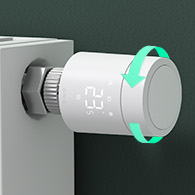The current CU is a split load unit thats 15 years old and works perfectly. A year ago I had a new bathroom and the sparky passed the rewiring without any problems
Now I am doing a new kitchen extension and need to move the CU. The builder's sparky says the CU has to be replaced with a unit that protects all circuits. I have no way of knowing if this is true or false. All I know is that a lot of money has been added to the quote
How can I confirm my old unit is no longer good enough to pass inspection.
Any help gratefully received
Now I am doing a new kitchen extension and need to move the CU. The builder's sparky says the CU has to be replaced with a unit that protects all circuits. I have no way of knowing if this is true or false. All I know is that a lot of money has been added to the quote
How can I confirm my old unit is no longer good enough to pass inspection.
Any help gratefully received


